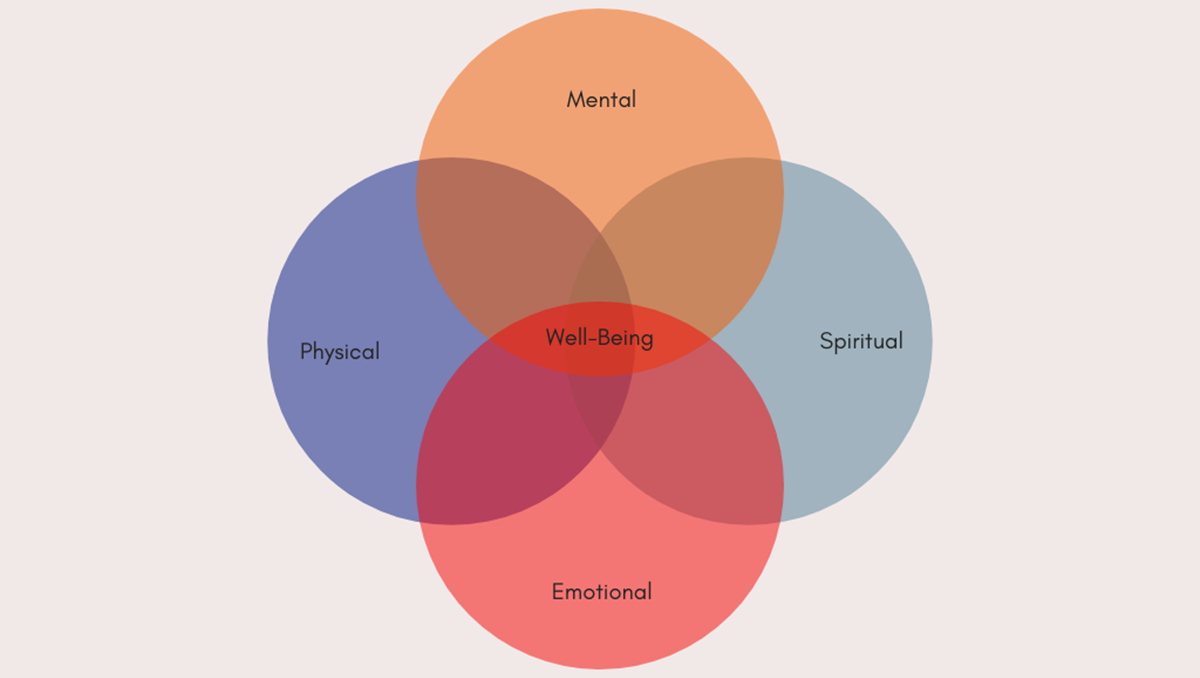Resilience: ask yourself what you need
Emma Kell looks at how school staff can build and maintain resilience. It includes a reflection activity that she often uses when coaching education staff.
Articles / 4 mins read

‘Resilience’ is a tricky term and can be used in all sorts of different ways. It’s important from the outset to be clear about what the terms does – and doesn’t – mean in this context.
Resilience is:
- Healthily and effectively processing the wide range of emotions we experience in our roles.
- Using self-awareness, self-regulation and clear boundaries to ensure our fundamental needs are met so we can function effectively – remembering Maslow’s hierarchy of needs for ourselves as well as our young people.
- Maintaining a sense of perspective and making best use of our best internal and external resources when dealing with challenge.
Resilience is not:
- An acceptable way of excusing or enabling unreasonable or inhumane practices in schools such as excessive workloads and presenteeism.
- A synonym for ‘suck it up – nobody said it would be easy’
Why is it so hard to practise self-care and keep our resilience levels up?
Here are some of the things school staff have said to me in recent months in my work as a coach and wellbeing facilitator:
- “I’m drowning”
- “I have to be there for everybody else. There’s no time or energy left for me!’
- “It’s like being repeatedly shot at in old Western film: ratatatatat!’
- “It’s like standing on the wrong side of the motorway with cars and trucks coming towards me”
A new teacher memorably interrupted a session on wellbeing and self-care recently to declare with great passion, ‘but it’s so HARD to look after myself!’ She was right – prioritising yourself is tricky and needs constant and consistent attention.
To say ‘it is what it is’ and turn the other cheek when faced with unreasonable practices is far easier than standing up to it. To let our work creep – first into our Sunday evening, then into a few hours on Saturday morning – is all too easy. Before we know it, we can’t remember the last time we were fully present for our family and loved ones.
But the results of passive acceptance of unreasonable practices have led us to where we are: with a nationwide crisis in teacher wellbeing and retention.
82%
teachers describe themselves as stressed
Why is it so important that we cultivate resilience through self-care?
It’s a truism that we are role models to those around us. It is a painful truth that our young people’s mental health is a cause of significant concern.
If we skip lunch each day to squeeze in 40 minutes’ extra marking, need to sidle to the stock cupboard to burst into tears, isolate ourselves from others, pretend we’re ‘fine!’ when we’re not, small eyes and ears notice. Bigger people do too – the ones considering moving into our roles one day. The ones who admire us and imagine they must emulate such stoicism in order to be viewed as professionally effective.
Ultimately - if we are frazzled, on the edge - neglecting the care of ourselves and those who love us, we have to ask:
‘How sustainable is this?’
Life is short.

Activity
Imagine you’re a boat, floating on water. If you like, give your boat a name. Under the water, there are rocks.
The waterline represents your resilience. The boat represents you. The rocks represent the threats to your resilience and wellbeing.
What are your ‘rocks’? What are the threats to your resilience and wellbeing in the weeks ahead?
Name them.
Rocks might include:
- Physical illness
- A mental health crisis
- Walking away from your job
- A breakdown in relationships at home or work
- Social or emotional isolation
- Loss of confidence
- Loss of optimism
We each have our own set of ‘rocks’ – knowing them and recognising them is important. Avoiding them is crucial. We avoid them by keeping the ‘waterline’ on which our boat is floating nice and high and well-clear of the rocks.
Have a think.
What tends to bring your own ‘waterline’ down towards the rocks? Again, this will be different for all of us. Draw a downward arrow to the side of your image and make a few notes. Here are a few that other school staff have mentioned:
- Exhaustion
- Criticism or perceived criticism from others
- Excessive workload
- Lack of control over decisions which affect us
- Conflict in your relationships (school or home)
Now have a think about what helps raise your waterline. What buoys up your boat? Be as specific as you can. Here are some examples:
- Exercise
- Laughter
- Quality time with someone you value
- Yoga or mindfulness
- Reading a good book
- Gardening
- A challenging and honest conversation
- Singing, drawing, painting…
These are your protective factors. Remember, as Dr Karen Edge at UCL says: ‘Rock bottom is not the place to come back from. You take your loved ones with you.’
If you want to think more carefully about what helps top up your waterline, have a a look at the following image, adapted from Tony Schwartz and the The Energy Project and taken from Education Support’s Introducing Wellbeing and Resilience training. The image which conceptualises wellbeing into four key areas – do you have at least two or three things in each area?

Now turn your thoughts to pledges to yourself.
What commitments can you make today? Tomorrow? How will you sustain them? Who and what will help you remain accountable?
Your health and happiness matter more than anything.
Happy sailing.
Emma is a teacher, coach, speaker and writer specialising in teacher wellbeing.
Don’t wait for a crisis to call.
We’ll offer you immediate, emotional support.
08000 562 561

Sign up to our newsletter for the latest mental heath and wellbeing resources, news and events straight to your inbox.





















